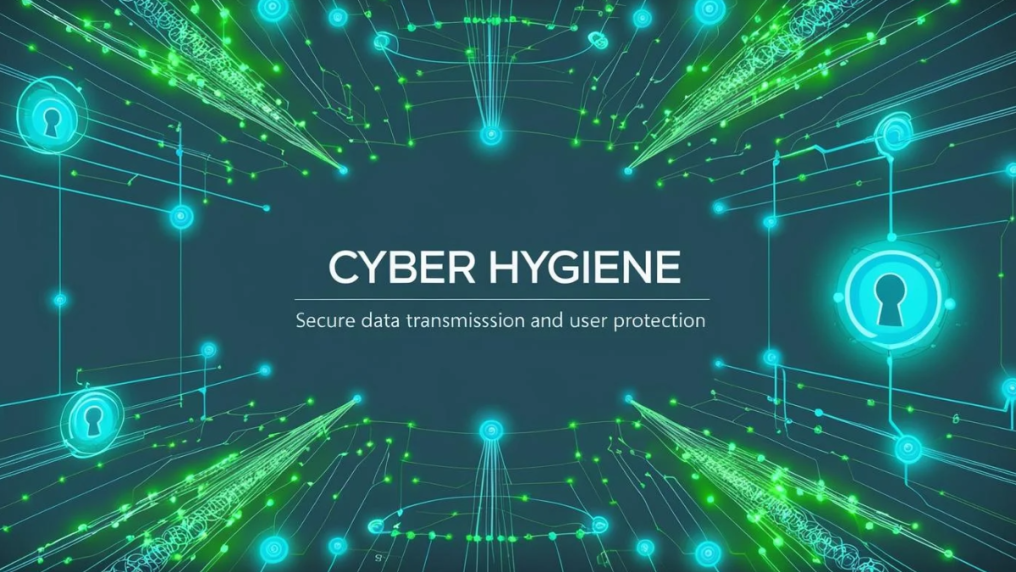You know the value of practicing dental hygiene. The same is true for your cybersecurity!
Anyone who has been to the dentist knows the drill. You are in the middle of getting your cleaning, and your hygienist starts asking about your flossing habits and the toothbrush you use. This isn’t mere chit-chat but rather a way for your dentist to gauge your overall oral hygiene. Dentists know that keeping your teeth healthy requires more than an annual cleaning. It is a daily routine, involving consistent brushing, limiting your sugar intake, and replacing your toothbrush regularly.
While it may be tempting to take a “set it and forget it” approach to cybersecurity, resisting that impulse is crucial! Just like oral health requires daily maintenance, cybersecurity needs ongoing attention to prevent vulnerabilities from developing. In this blog, we’ll draw direct comparisons between the two to highlight the importance of good cyber hygiene.
MFA and Password Management = Daily Brushing and Flossing
Dentists will say that the first line of defense against dental problems is consistent, at-home brushing and flossing. Without a good routine in place, problems can quickly emerge. In the short term, this can include plaque build-up and gum inflammation. If neglect continues, tooth decay, cavities, chronic pain, and even systemic health issues can develop.
Weak password strategies and a lack of multi-factor authentication (MFA) often lead to similar outcomes for cybersecurity. Just like plaque builds up over time, the threat of phishing attacks or credential hacking increases without stringent protections. Eventually, the consequences can become severe, including stolen credentials, ransomware attacks, and operational disruptions. These issues can ultimately lead to reputational damage, economic fallout, and even legal penalties.
Just as brushing and flossing protect your teeth, using MFA and strong passwords can prevent cybersecurity issues before they arise.
Avoiding Suspicious Emails and Links = Reducing Sugary Food
Keeping your teeth pearly white also requires making smart choices, such as cutting back on sugar. When people indulge too much in sweet treats, it often leads to tooth decay and other issues like bad breath, gum disease, and even an increased risk of heart disease.
Similarly, failing to exercise caution with emails and links can expose your agency to cyber threats. A small lapse here and there may not seem like a big issue. But just as excessive sugar consumption eventually leads to cavities, frequent mistakes in identifying phishing attempts can quickly spiral into a security crisis.
The best way to prevent this is by changing the behaviors that create risk in the first place. Just like education on the dangers of sugar helps people make healthier dietary choices, cybersecurity training and vigilance can help your team operate more safely online.
Software and System Updates = Replacing Your Toothbrush
Good oral hygiene is not just about daily habits; it also depends on using the right tools. Experts routinely advise replacing your toothbrush every few months to maintain optimal dental health.
Like an old toothbrush that has lost its effectiveness, outdated security software may fail to detect emerging threats. Worse still, it can slow down your systems, hinder productivity, and even put your business at greater risk.
The lesson is clear: keeping your software up to date is just as critical for cybersecurity as keeping your toothbrush fresh is for dental health.
Good Hygiene: The Best Thing for Your Teeth and Your Tech!
Practicing cyber hygiene outside of an annual checkup is essential for the long-term health of both your technology stack and your business. Just as strong oral health depends on brushing, diet, and fresh tools, maintaining cybersecurity requires strong passwords, robust email security, and consistent software updates. Neglecting these steps can result in serious consequences—whether that be rotten teeth or IT system vulnerabilities. By taking these simple precautions, you can keep both your smile and your cybersecurity in top shape.



